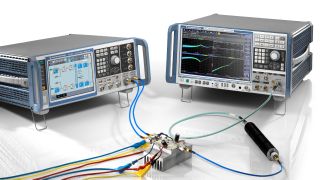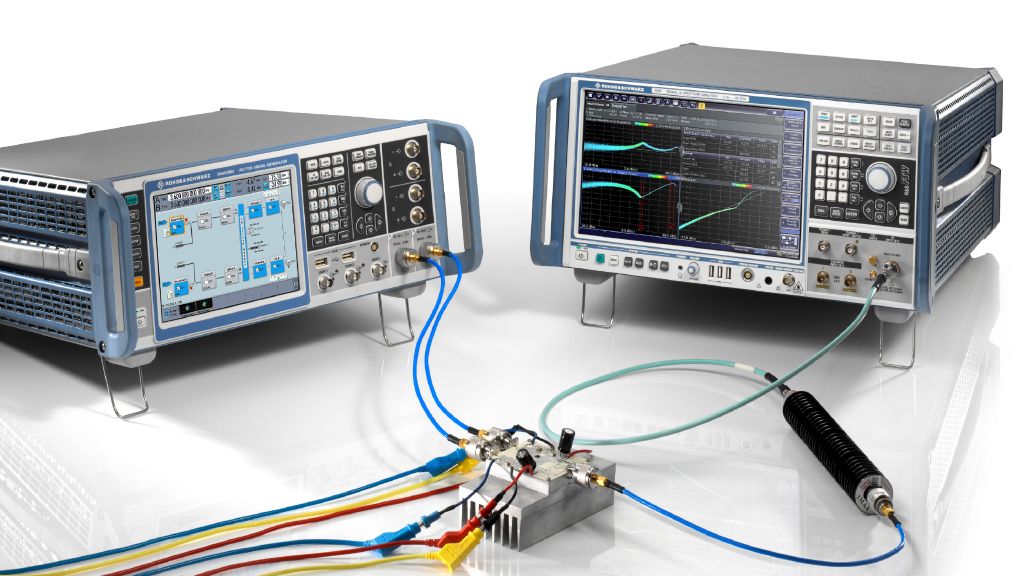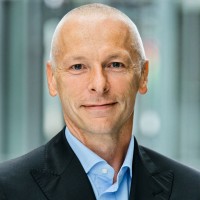Significant improvements in Doherty performance can be achieved by addressing the input side. A measurement-aided methodology for extracting and understanding this performance is presented. The use of linear, intentionally dispersive or programmable input splitting can improve performance, especially in the industrial domain. The use of non-linear input splitting, according to peer reviewed research, the advantage could be 60% more output power, 20% more efficiency, 50% more bandwidth with any degradation in predictive linearization. In this case, the improvements over a fixed bandwidth were 47% for output power and 11% for energy efficiency.
Regardless of which technique is used, by providing a more detailed and rigorous insight, this methodology can improve both the time-to-market and improve the cost-specification paradigm. Although exemplary quantities and their post-processing have been presented, these are in no way exhaustive, and may be swapped out for other parameters without changing the methodology.
Finally, the test platform may be extended, through the use of a 2nd ARB generator, to perform (for example), dual-DPD or digital Doherty with memory effect compensation.








